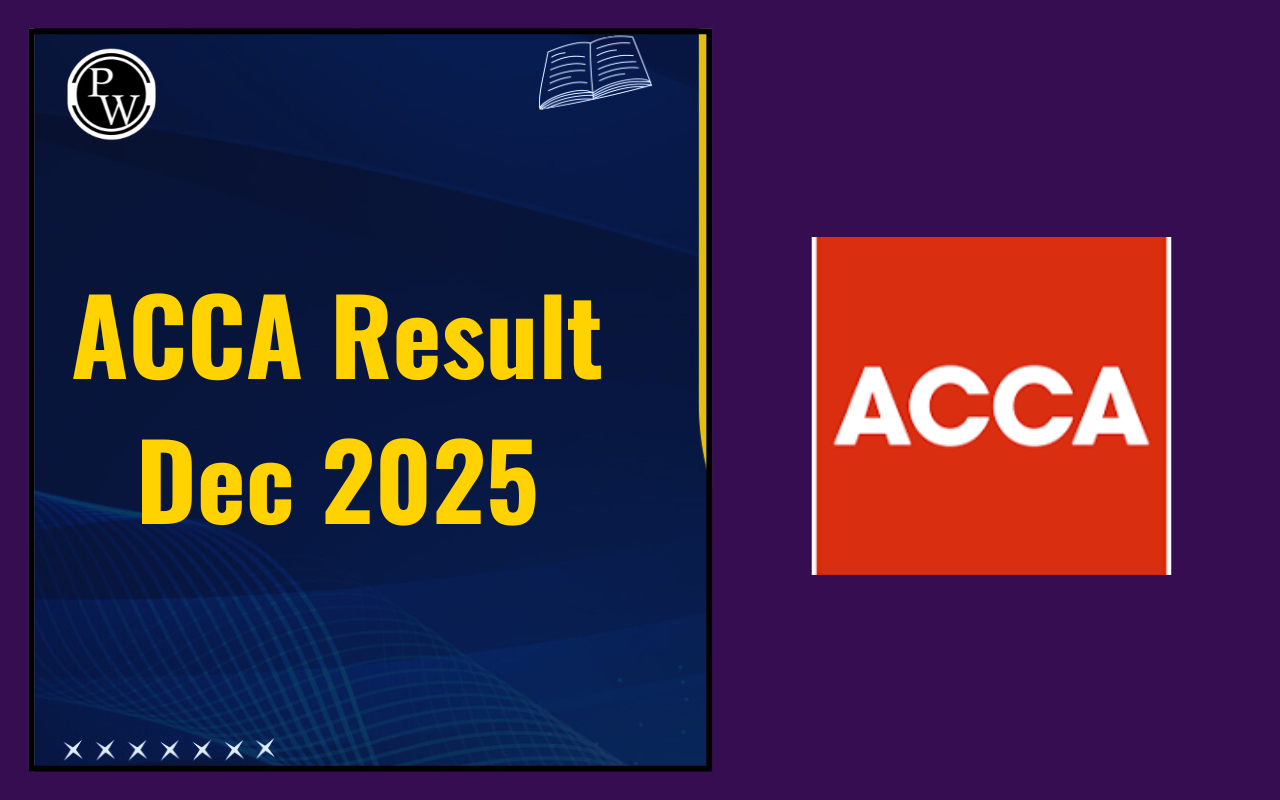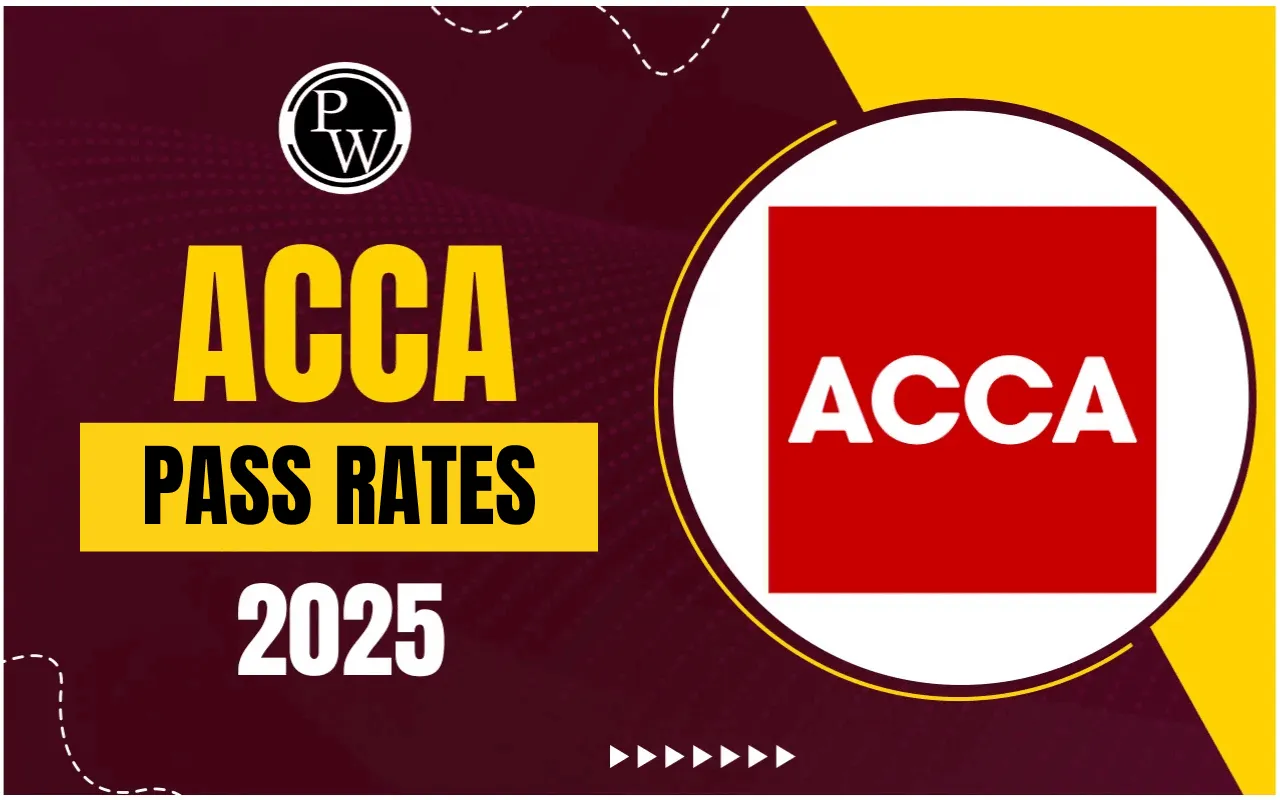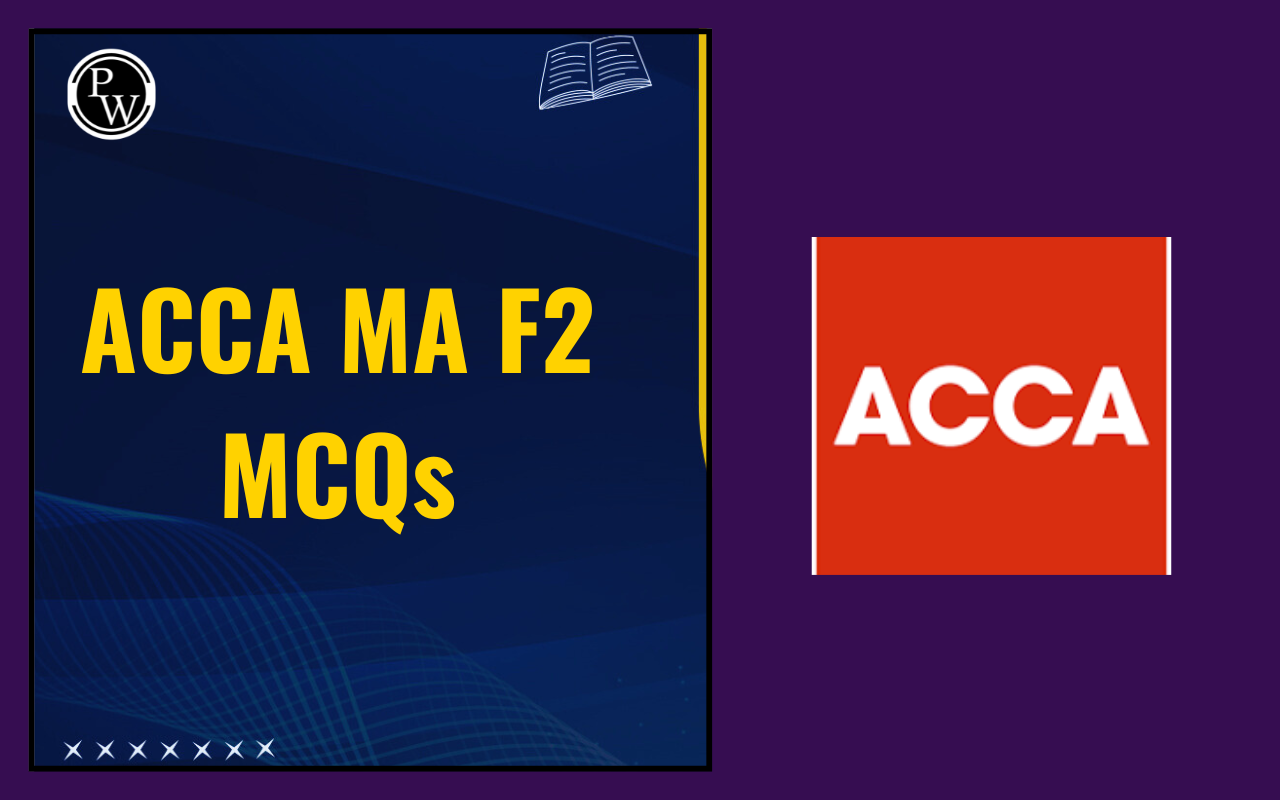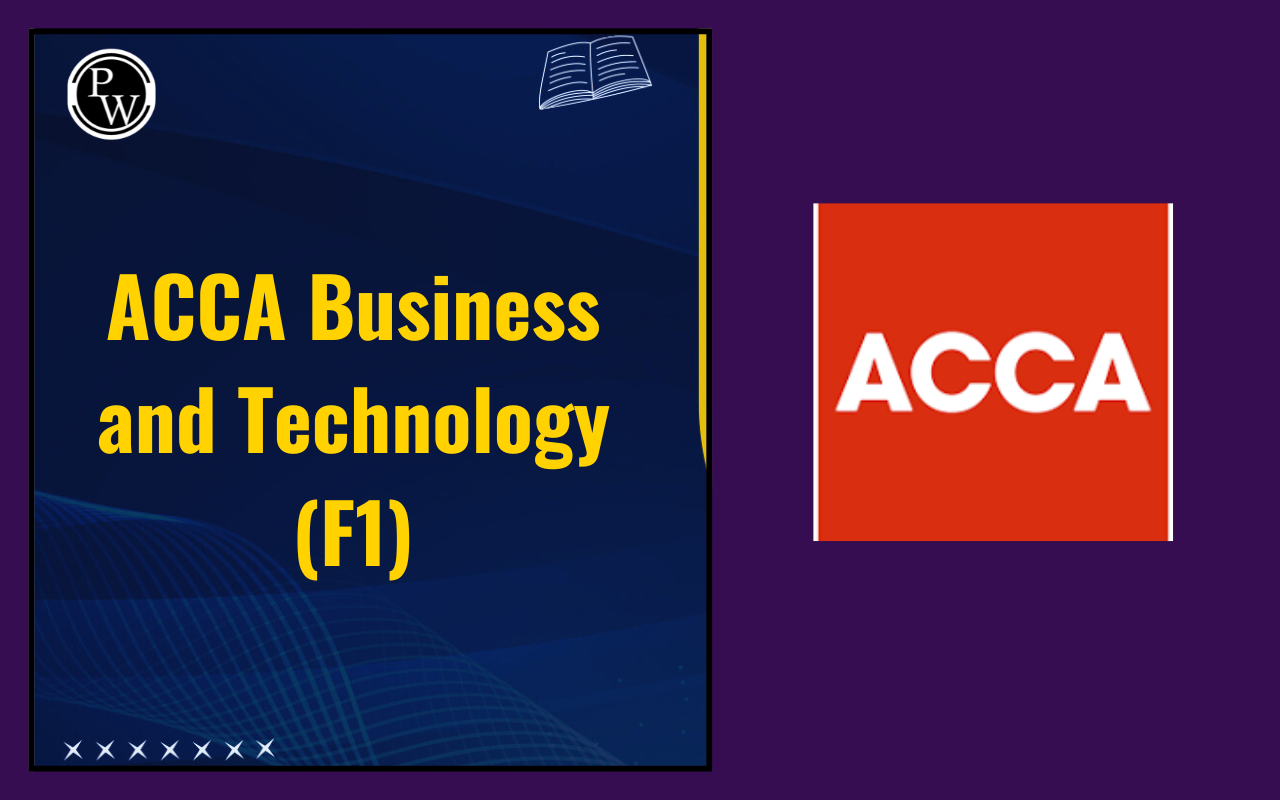
ACCA New Exam Structure: The Association of Chartered Certified Accountants (ACCA) is set to launch a completely new qualification structure from 2027. The decision to transform the ACCA exam structure aims at equipping students with the required knowledge and skill according to the evolving business landscape.
Starting from 2027, ACCA will implement a completely redesigned exam format that focuses on practical skills, employability, and real-world application. If you're planning to pursue ACCA or are currently studying, it is crucial to know all the significant changes and streamline preparations accordingly.
Reason for ACCA New Exam Structure
The accounting profession is rapidly evolving with technological advancements, sustainability concerns, and changing business needs. ACCA's redesigned structure aims to equip future accountants with cutting-edge technical skills, business skills, and professional capabilities that employers value today and in near future.
The new format emphasises employability and career impact as crucial elements. This ensures that ACCA graduates get preference during the selection process and are job-ready from the beginning. The new structure focuses on topics that are not only theory based but also focus on improving students’ practical skills that directly translate to workplace success.
ACCA New Exam Structure Overview
The redesigned ACCA qualification is structured across four distinct levels, each building upon the previous. Earlier, ACCA consisted of 3 levels, namely, Applied Knowledge, Applied Skill, and Strategic Profession.
To attempt the knowledge level exam, candidates are required to have basic knowledge of finance and accounting. This has been changed in the revised structure, as people having no prior knowledge in accountancy can apply for the ACCA Foundation level. On qualifying the foundation level, they can attempt knowledge , expertise, and strategic professions level exams in sequential manner.
Here are the key highlights of the revised ACCA exam structure:
| ACCA New Exam Structure Overview | ||||
| Level | Description | Exams | Employability Module | Award/Qualification |
| Foundations | Entry route for those without minimum criteria | 3 exams | Enterprise & Entrepreneurship | Diploma in Accounting & Business |
| Knowledge | Starting point for most eligible students | 3 exams | Responsible Business Management | Higher Diploma + CAT pathway |
| Expertise | Advanced technical and data-focused skills | 5 exams | Digital Tech & Innovation | Advanced Diploma + BSc pathway |
| Strategic Professional | Leadership and specialisation | 2 core + 1 option exam | Ethical, Sustainable Leadership | ACCA Membership + MSc pathway |
ACCA Foundation Level Exam Structure
The ACCA Foundations level serves as an entry pathway for students who don't meet the minimum criteria to start directly at the Knowledge level. This inclusive approach aims at helping determined candidates to start their journey for becoming ACCA members. Those who clear the foundation level will be awarded with “Diploma in Accounting and Business.
Here are the key highlights of the ACCA Foundation level exam:
| ACCA Foundation Exam Details | ||
| Exam Code | Exam Title | Focus |
| F1 | Accounts Preparation | Bookkeeping, double entry, financial statements |
| F2 | Management Information | Budgeting, costing, and MIS systems |
| F3 | Decision Making with Data | Data analysis, spreadsheet skills, decision-making tools |
All the papers are mandatory for candidates, and they provide an essential foundation of knowledge for accounting careers. This level is expected to start from July 2027.
ACCA Knowledge Level Exam Structure
The ACCA Knowledge Level was previously known as "Applied Knowledge". It has undergone changes in both structure and exam coding. The updated exam codes are now K1, K2, and K3, replacing the earlier codes F1, F2, and BT.
This level focuses on building students’ technical competencies in accounting, law, and management. Upon completion of all the Knowledge Level exams, candidates must also complete the Essential Employability Module titled "Responsible Business Management", which includes ethics, sustainability, and responsible business practices. This ensures that students not only build technical skills but also develop an understanding of their professional and ethical responsibilities.
Here are the key details of the ACCA Knowledge Level exams:
| ACCA Knowledge Level Details | ||
| Exam Code | Exam Title | Description |
| K1 | Financial Accounting | Financial statements, IFRS basics, transactions |
| K2 | Management Accounting | Cost control, variance analysis, planning |
| K3 | Business Law | Legal systems, contracts, employment law |
This level is benchmarked at Level 4 of the UK Regulated Qualifications Framework and is scheduled to be available from July 2027.
ACCA Expertise Level Exam Structure
The ACCA Expertise Level builds on the Knowledge Level by equipping students with advanced technical and analytical skills needed in diverse financial and business environments. Previously known as "Applied Skills", this level has undergone structural changes. While core subjects such as Taxation and Financial Reporting remain the same, other papers have been updated or introduced to match current industry demands.
The Expertise Level focuses on core accounting specialisations and incorporates modern analytical tools and digital applications. Candidates are required to complete all five exams along with the Essential Employability Module titled "Digital Tech and Innovation", which emphasises the role of technology in accounting and finance.
Here are the key details of the ACCA Expertise Level exams:
| ACCA Expertise Level Details | ||
| Exam Code | Exam Title | Area Covered |
| E1 | Taxation | Corporate and personal tax, compliance |
| E2 | Financial Reporting | IFRS, group accounts, complex transactions |
| E3 | Audit, Risk, and Control | Risk management, internal controls, audit process |
| E4 | Finance and Investment | Capital structure, valuation, risk-return |
| E5 | Performance with Data Analysis | Data modeling, KPIs, performance improvement |
All five papers are mandatory to complete this level. After completing this level, students may pursue a BSc in Professional Accountancy through a partnership with the University of London. The changes to the expertise level will be implemented starting from September 2027.
ACCA Strategic Professional Level Exam Structure
The Strategic Professional Level is the final stage of the ACCA qualification. This level emphasises strategic leadership, critical thinking, and specialised knowledge, preparing candidates for high-level roles in finance and business.
A major change in this level is the introduction of "Business and Sustainability Reporting" (S1) in place of the older "Strategic Business Reporting (SBR)". However, the "Strategic Business Leader (S2)" paper remains unchanged. Another significant update is the reduction in the number of optional exams a student must complete from two to just one.
Students must also complete the Essential Employability Module titled "Ethical, Sustainable Leadership", which focuses on ethical conduct, responsible leadership, and corporate governance.
Here are the key details of the ACCA Strategic Professional Level exams:
| ACCA Strategic Professional Level Details | ||
| Exam Code | Exam Title | Focus |
| S1 | Business and Sustainability Reporting | Integrated reporting, ESG, accountability |
| S2 | Strategic Business Leader | Case-based exam on leadership, innovation, crisis management |
| Electives | SAA Audit and Assurance Professional | |
| ACF Corporate Finance Professional | ||
| SPI Performance and Insights Professional | ||
| STA Taxation Advisory Professional | ||
Completion of both mandatory core papers and one optional exam is required to qualify for this level. This level is benchmarked at Level 7 of the UK Regulated Qualifications Framework and provides a direct pathway to an MSc in Professional Accountancy.
Candidates who complete this level, along with the required practical experience, become full ACCA members. The revised structure for the Strategic Professional Level will be implemented from September 2027.
ACCA New Exam Structure FAQs
When will ACCA implement changes to exam format?
Is it mandatory to attempt ACCA Foundation level?
How many elective options are in ACCA Strategic Professional level?
Has ACCA changes the name of applied skills level?
Which paper has replaced BT in the ACCA knowledge level?










